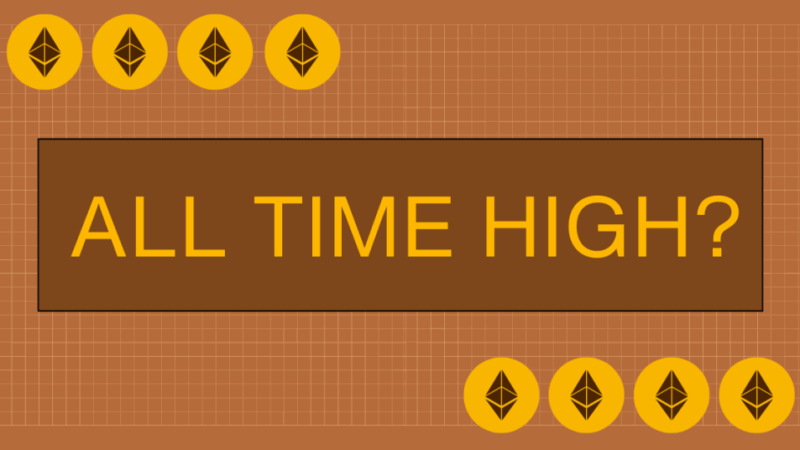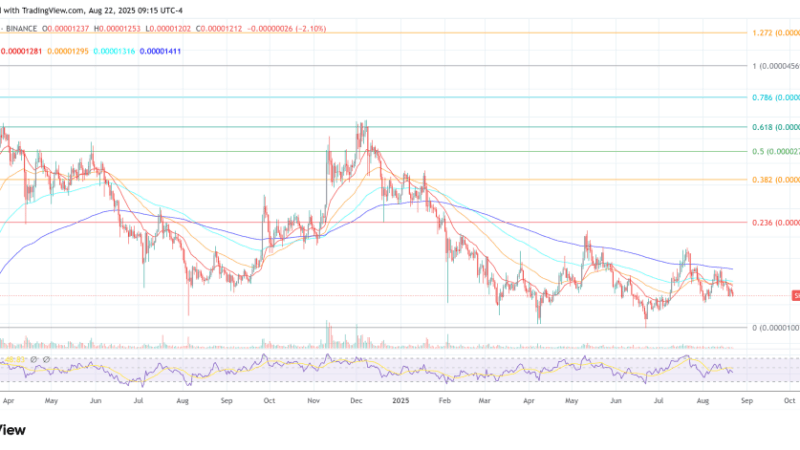Binance Unveils First-Ever Soulbound Token on BNB Chain
The world’s largest crypto exchange – Binance – has announced that it is all set to issue Binance Account Bound (BAB), the first-ever Soulbound Token (SBT) built on the BNB Smart Chain. BAB will be introduced as a pilot project initially and will only be accessible through the Binance mobile app.
It will be an opt-in feature that will enable only those Binance users in compliance with Know-your-customer (KYC) to mint their BAB directly on their wallets while using the platform.
BAB is essentially introduced to function as online identification for Binance. It can also be leveraged by third-party protocols to confirm BAB tokens for a myriad of activities such as avoiding bots, airdropping NFTs, and a DAO using it for quadratic voting, etc.
Representation Beyond Monetary Sums
According to the official blog post, the BAB token is the first-ever Soulbound Token issued on the BNB Smart Chain that focuses on addressing identity issues in the decentralized society. It is a non-transferable and non-financialized token. The announcement notes that “transferability” may not be in the best interest of decentralization. It can be problematic with regard to the distribution of governance power.
Hence, BAB is different from traditional assets such as Bitcoin and Ethereum, which represent momentary sums.
“As we begin to explore how credentials will function in Web3, whether it be in the form of a verifiable skillset or an earned title, further use cases for the BAB token will arise. This sense of accountability paves the way for a more efficient decentralized community and space.”
Binance expects that additional use cases for BAB will arise in the future as the web3 landscape evolves.
Soulbound
The concept of SBT was first introduced by Ethereum Founder Vitalik Buterin along with E. Glen Weyl and Puja Ohlhaver. Earlier this year, Buterin explained the downsides of transferability and commercial viability features of NFTs.
Soulbound is a new kind of token standard that could potentially form an essential building block for the Decentralized Society or DeSoc. In the paper, Buterin detailed several ways SBTs could be used, from university degrees to education credentials and as web3 credit scores.


